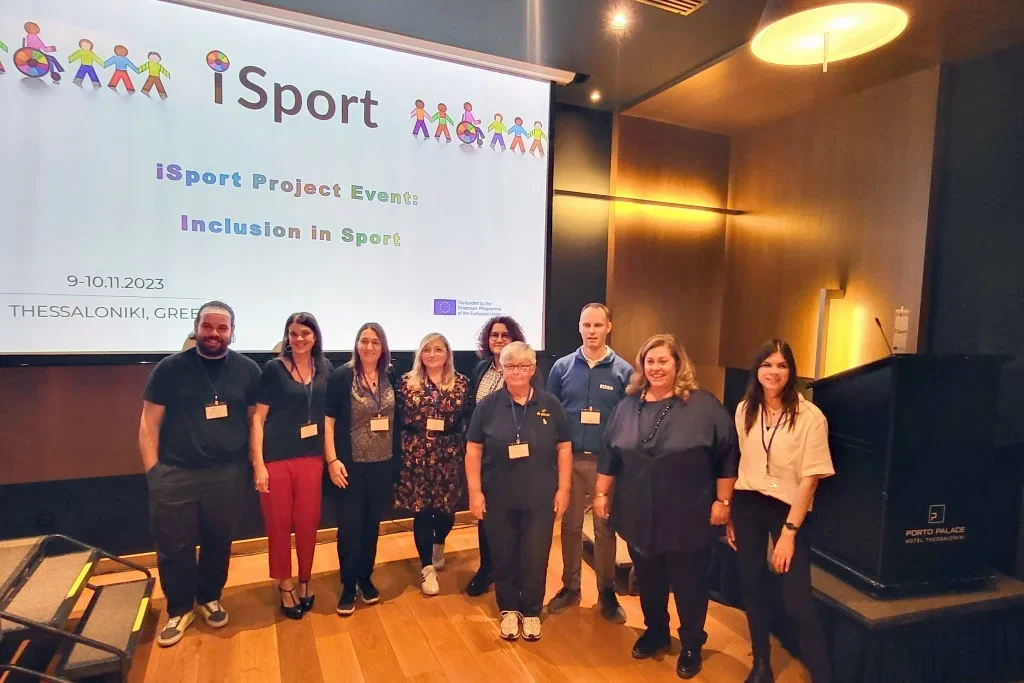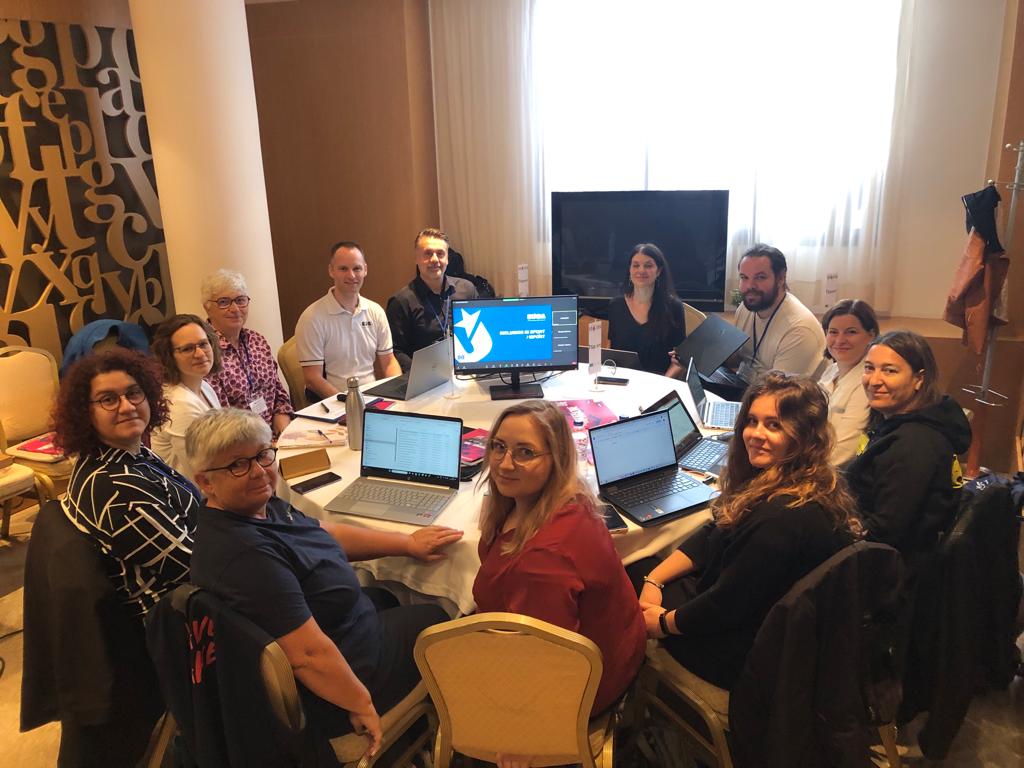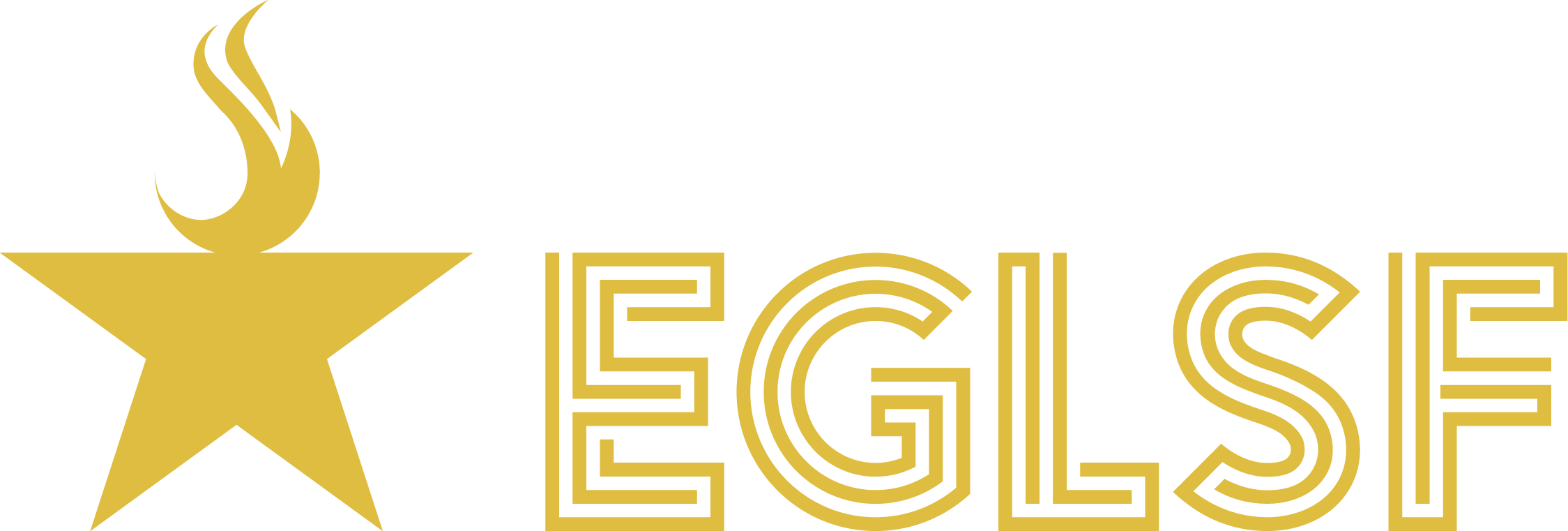The final conference opened with a welcome and brief introduction by Stella Douka, from the Aristotle University of Thessaloniki, followed by keynote presentations by Christina Evaggelinou, and Sarah Townsend, EGLSF co-president, on promoting sport for individuals with disabilities and gender equality, respectively.

Andrej Pisl, from the EUSA Institute and iSport project manager, presented the ambitions of the project and the activities and results of the three years of work, and the final presentation, a case study on the iSport serious game, was offered by Lampros Karavidas of the Aristotle University of Thessaloniki.
The conference concluded with a panel discussion on the organisation of inclusive, diverse and large-scale sport events, where challenges and good practices in areas of expertise were presented by panellists Christina Evaggelinou (AUTH) for disability sport, Sarah Townsend (EGLSF) for LGBTQI+ inclusive events, Noemie Fluxia (Panteres Grogues) for women-focused events, Hristina Hristova (EUSA) for youth events, and Marianna Pikul (Polish University Sports Association) for integrated events. Andrej Pisl (EUSA) moderated the debate.

The iSport project was co-funded by the Erasmus+ Programme of the European Union, and was unique in bringing together actors from under-represented profiles in sport - women, LGBTQI+ people, people with disabilities - with the aim of increasing the participation of these minorities in sport competitions and tournaments, and offering the experience of sharing sporting experiences and the opportunity to learn about each other's uniqueness.
The project consortium consists of eight partners from eight countries, led by the EUSA Institute (SLO). Project partners include: European Gay and Lesbian Sport Federation Vereniging (NED), Panteres Grogues Sports Club (ESP), Aristotle University of Thessaloniki (GRE), Finnish Paralympic Committee (FIN), Polish University Sports Association (POL), European Paralympic Committee (AUT), European Non-Governmental Sports Organisation (SWE).
For more information on the Inclusion in Sport (iSport) project, and access to resources, please visit: https://www.isporteurope.eu/resources

Leave A Comment